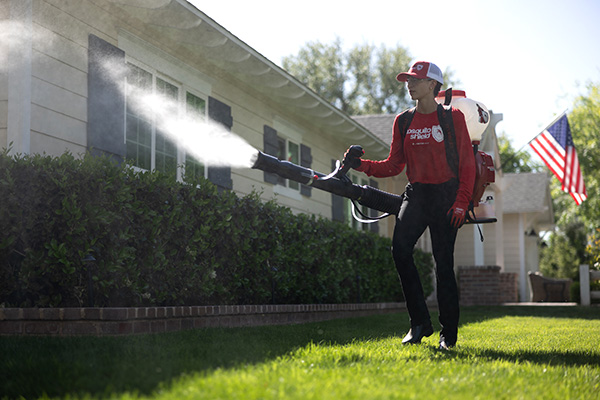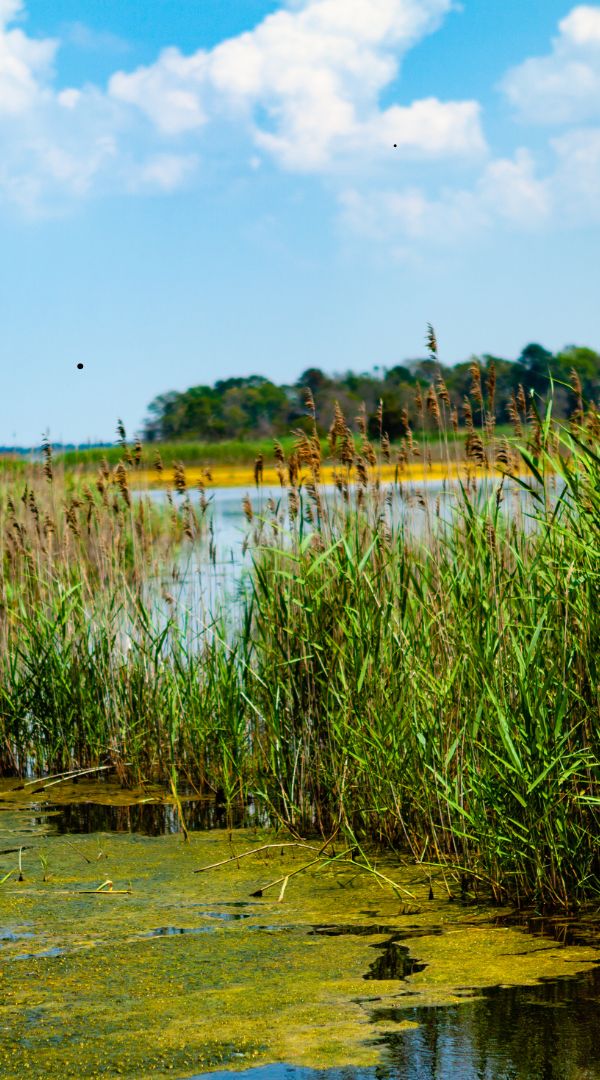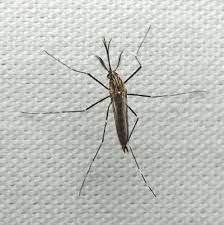Experience relaxation and peace in your backyard with our proven mosquito control solution. Trusted by families in Middletown, our innovative approach not only repels mosquitoes but also establishes a durable barrier customized to your outdoor environment. Mosquito Shield of Northern Delaware is dedicated to creating mosquito-free zones, so you can enjoy your outdoor spaces without interruption.

Effective mosquito control in Middletown, DE, that drives mosquitoes away and keeps them out of your yard.

Enjoy mosquito-free outdoor time in Middletown with treatments designed to provide lasting results.

Highly rated mosquito control services in Middletown, trusted by residents to enhance outdoor living.

Middletown, Delaware, is a growing town in southern New Castle County, comprising suburban subdivisions, wooded buffers, retention ponds, drainage ditches, and small wetlands. These green and water-rich areas—combined with a coastal-humid climate—create ideal environments for mosquitoes and ticks.
Middletown’s retention basins, pond edges, wooded corridors, and yard buffer zones encourage persistent mosquito and tick activity during warm months.
Residents face mosquito‑borne threats like West Nile virus and Eastern Equine Encephalitis (EEE). DNREC’s Northern Delaware Mosquito Control office regularly monitors and treats breeding areas in New Castle County. Tick‑borne illnesses—including Lyme disease, Ehrlichiosis, Rocky Mountain spotted fever, and alpha-gal syndrome—have seen rising cases in recent years, triggering state-wide alert level messaging.
Local prevention guidance includes:
Professional pest control, homeowner vigilance, and coordination with DNREC vector control help ensure safe outdoor enjoyment in Middletown year‑round.

The weather in Middletown features Delaware’s humid coastal climate—hot, humid summers and mild winters. Mosquito season in the state generally starts in mid‑March and runs through mid‑November, with control activity triggered by rainfall or high trap counts. Tick activity is highest April through September, and Delaware health officials warn of a strong season in 2025.


Identification: Small, dark brown to black mosquito with white scales on the thorax and legs.
Habitat: Breeds in natural containers like tree holes and artificial containers such as tires.
Behavior: Daytime biter; females are aggressive and primarily feed on mammals.
Health Risks: Primary vector of La Crosse encephalitis virus.
Identification: Medium-sized, dark mosquito with bronze-colored scales and distinct white markings on the legs and thorax.
Habitat: Prefers artificial containers, rock pools, and tree holes.
Behavior: Active during the day; feeds on mammals and birds.
Health Risks: Potential vector for West Nile virus and La Crosse encephalitis.
Identification: Medium-sized with a brown body and white bands on the abdomen and legs.
Habitat: Breeds in temporary floodwaters, such as rain pools and marshes.
Behavior: Nocturnal; females are persistent biters of mammals.
Health Risks: Potential vector for West Nile virus.
Identification: Small to medium-sized, light brown mosquito with unbanded legs and a blunt abdomen.
Habitat: Breeds in stagnant water sources like ditches, storm drains, and containers.
Behavior: Active during dusk and dawn; females prefer avian hosts but will bite humans.
Health Risks: Primary vector of West Nile virus.